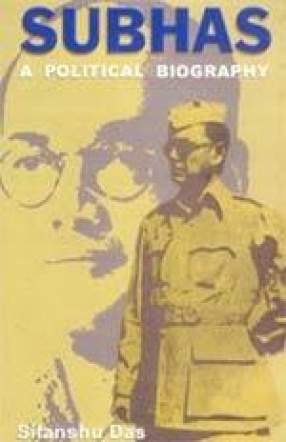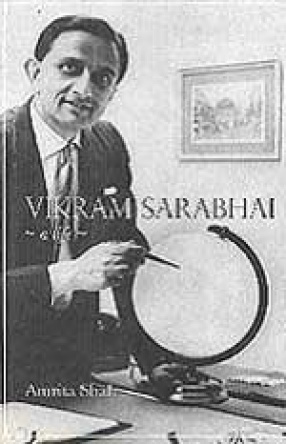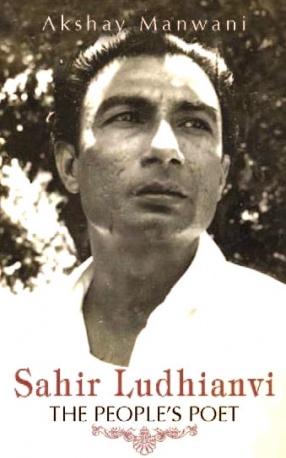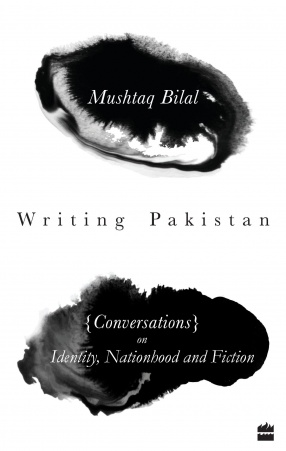In a society immured to its fallen state, any serious effort to awake it to the possibility of improvement demands leaders who should be demigods or prophets endowed with a capacity to work miracles. Demigods and prophets in the present-day are unavailable to work miracles. The redemption of India in the state of abasement demanded leaders who were either demo-Gods or warrior-redeemers. These leaders had to subject themselves to austerities of extreme severity in order to acquire moral authority necessary before they could get a hearing from their compatriots. If the leaders were avatars in human form, or at the very least, warrior-redeemers, they would have the capacity to individually carry the responsibility, and bear the cost of the endeavours, which in other circumstances, should have been shared collectively. What should have been a collective enterprise of the Indian people was often a responsibility borne by a few. These few were haunted by a call of duty which should have been answered by many. Extreme personal sacrifices were thus demanded of the relatively few great leaders of the freedom movement, and Subhas was haunted from his boyhood days by a sense of shame and guilt about the abasement of his people. Prolonged sufferings to which the imperial rulers subjected him changed him from a dreamy young man to a warrior-redeemer.
Subhas: A Political Biography
by Sitanshu Das
$27.00
$30.00
In stock
Free & Quick Delivery Worldwide
All orders amounting to US$ 50 or more qualify for Free Delivery Worldwide. For orders less than US$ 50, we offer Standard Delivery at $14 per book.
ABOUT THE AUTHOR Sitanshu Das
Sitanshu Das has been editor in the Indian Express Group of Newspapers, The Tribune Trust, Patriot and Link (weekly). Since he joined The Times of India, he has held senior domestic and foreign staff positions in major English-language newspapers of India. He was professor of journalism at the Indian Institute of Mass Communication and a member of the Court of the Banaras Hindu University. Abroad, aside from being the columnist of the Indian Express Group of Newspapers, for more than ten years, he was a member of the editorial board of the Fabian Society’s journals, Venture and Third World. A great deal of his research for The Future for Indian Democracy, a Fabian research publication, was done at the libraries of the Royal Institute of International Affairs (Chatham House) and the International Institute for Strategic Studies, London. He was a long-standing member of both these learned bodies, especially their groups on regional affairs. He was a member of the BBC Programme Advisory Committee when Philip Mason was its chairman. He was a regular broadcaster on the British and other foreign TV/Radio networks. Educated at the universities of Allahabad and Calcutta, he also read Transport Economics at the London School of Economics.
reviews
0 in total
Review by Anonymous
Be the first to review “Subhas: A Political Biography” Cancel reply
You must be logged in to post a review.
Bibliographic information
Title
Subhas: A Political Biography
Author
Edition
1st ed.
Publisher
ISBN
812910914X
Length
xii+634p., Plates; Bibliography; Index; 22cm.
Subjects
similar bookssee more
Writing Pakistan: Conversations on Identity, Nationhood and Fiction
What does it mean to be an ...
$31.50
$35.00





There are no reviews yet.